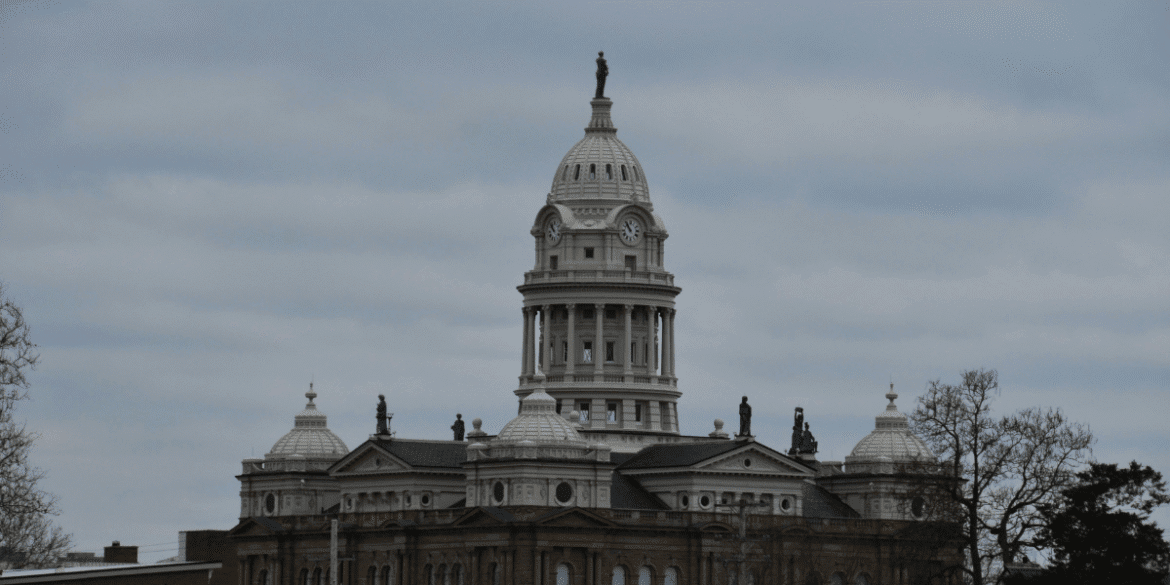Des Moines, IA, USA
On February 6, 2024, Iowa Republican lawmakers introduced a comprehensive tax reform bill aimed at reducing the overall tax burden on businesses and middle-class families. The bill, spearheaded by Governor Kim Reynolds and State Senator Dan Dawson, proposes significant cuts to both corporate and income taxes in an effort to enhance the state’s economic growth, foster business development, and attract more investments.
Governor Reynolds, who has long championed lower taxes as a key policy goal, emphasized that the reform would help Iowa remain competitive in attracting businesses from neighboring states, especially as the region’s economy continues to recover from the impacts of the COVID-19 pandemic. “This tax reform package is designed to make Iowa a more attractive place to do business, create jobs, and increase wages for hardworking Iowans,” Reynolds said during the announcement of the plan.
The proposed bill seeks to cut the corporate income tax rate by 25%, lowering it from 9.8% to 7.35%. Additionally, the bill proposes a reduction in individual income tax rates for middle-class families, including a significant tax break for those earning between $50,000 and $150,000 annually. The changes would be phased in over the next three years, with the goal of providing immediate relief to businesses and households while maintaining the state’s fiscal health.
The proposal has been met with strong support from business leaders and conservative groups, including the Iowa Business Council, which asserts that the tax cuts will encourage businesses to expand their operations and create more jobs. According to a poll conducted by the Des Moines Register, 70% of Iowans favor the proposed tax reductions, with particularly strong backing from small business owners and rural residents who feel the changes will provide immediate economic benefits.
However, critics of the tax reform package, including Democratic lawmakers and fiscal watchdog groups, have raised concerns about the potential long-term consequences for the state’s budget. They argue that the cuts could lead to reductions in funding for essential public services, such as education, healthcare, and infrastructure. “These tax cuts will disproportionately benefit the wealthiest Iowans and large corporations, while putting vital public services at risk,” said State Senator Janet Peterson, a vocal opponent of the plan.
Polling data suggests a mixed sentiment about the reform, with the majority of Republicans in favor, while Democrats and independents remain divided on the issue. Media outlets have mirrored this division: conservative outlets have focused on the positive economic impacts, while liberal-leaning publications have raised alarms about the effects on social programs and state revenue.
As the bill moves through the legislative process, the debate over tax reform will likely continue to dominate political discussions in Iowa, especially as both sides prepare for the upcoming state elections. The outcome of the proposal could reshape the state’s tax landscape and set a precedent for similar efforts in other Republican-led states.

